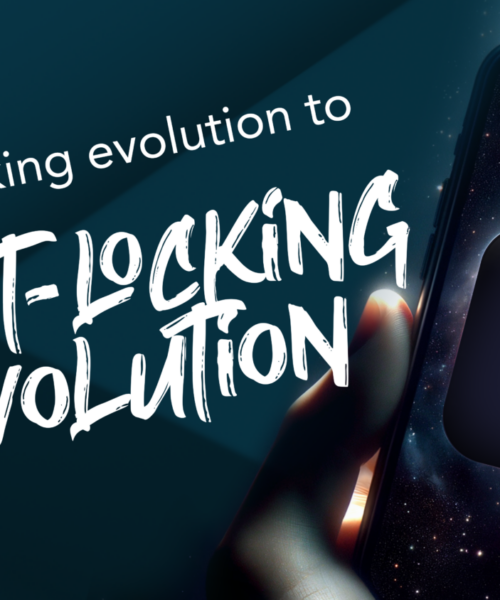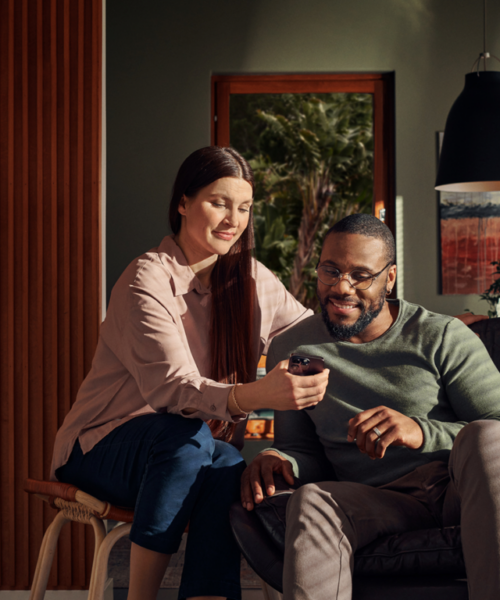Are you feeling it?

Did you know that, in a human foetus, touch is the very first sense to form, with development starting as early as 8 weeks? For infants, it is one of the most vital senses to learn about the world around them. And, in adults, studies show that touch has a close link to feelings of safety and trust.
For all of the above reasons, it makes sense, in product design, to focus not only on a product’s visual aesthetics, but also on how it feels to use.
Think about things you use daily; something as simple as the handle on your coffee mug or your toothbrush. How does it feel in your hand, do you get a good user experience? And, based on that experience, how likely are you to buy the same product again or would you try to find something different that feels more ‘comfortable’?
Those examples are basic products, with not much ‘intelligence’. So, let’s move up a notch. Think about something like your mobile phone that’s packed with intelligence, but it’s still a phone. You still need to feel comfortable using it – in its simplest form – to make calls. Just because it’s smart doesn’t mean that it needs to be difficult or feel unfamiliar to use.
How something feels has a major impact on what you think about it not only as a product but also, on a more visceral level, what you think about the brand. It can be assumed that a positive user experience keeps a customer loyal to a certain brand.
iLOQ is in the business of making life accessible for its customers by providing solutions that maximize security while minimizing lifecycle costs. Our digital locking systems use a physical key. But it’s no ordinary key. It features state-of-the-art technology which allows it to be quickly and easily programmed with a user’s access rights. These rights can be updated as needs of the user change or cancelled if a key is lost or stolen. The power needed to open a lock comes from the motion of inserting the key into it. No batteries or cabling is needed slashing maintenance costs and adverse impact on the environment from battery waste.
The digital key is also an important component in iLOQ’s unique device-to-device network. Using two-way communication, a vast amount of data such as access rights, time limitations, a list of blocked keys and audit trails, is quickly shared between the readers, keys and locks in a building before a door is unlocked. With all devices connected and communicating with each other, access rights information is continually kept up to date.
These are just some of the features that make iLOQ’s keys so special. But, at the end of the day, and to the user, they are just keys. The user needs to be sure that they can get into and move around their buildings with as little hassle as possible. And, as a daily object, like the toothbrush and coffee mug mentioned above, they need to have a user experience that is as normal and ‘familiar’ as possible.
iLOQ’s R&D department focuses a great deal of time and effort on not only making its products smart, but also on making them exceptionally easy to use. If you’re looking to update your mechanical locking system, it’s worthwhile replacing it with something that offers you more features for lower lifecycle costs and that just ‘feels’ right. Pay a visit to your local locksmith and try out iLOQ for yourself. I’m sure you’ll be feeling it.




















